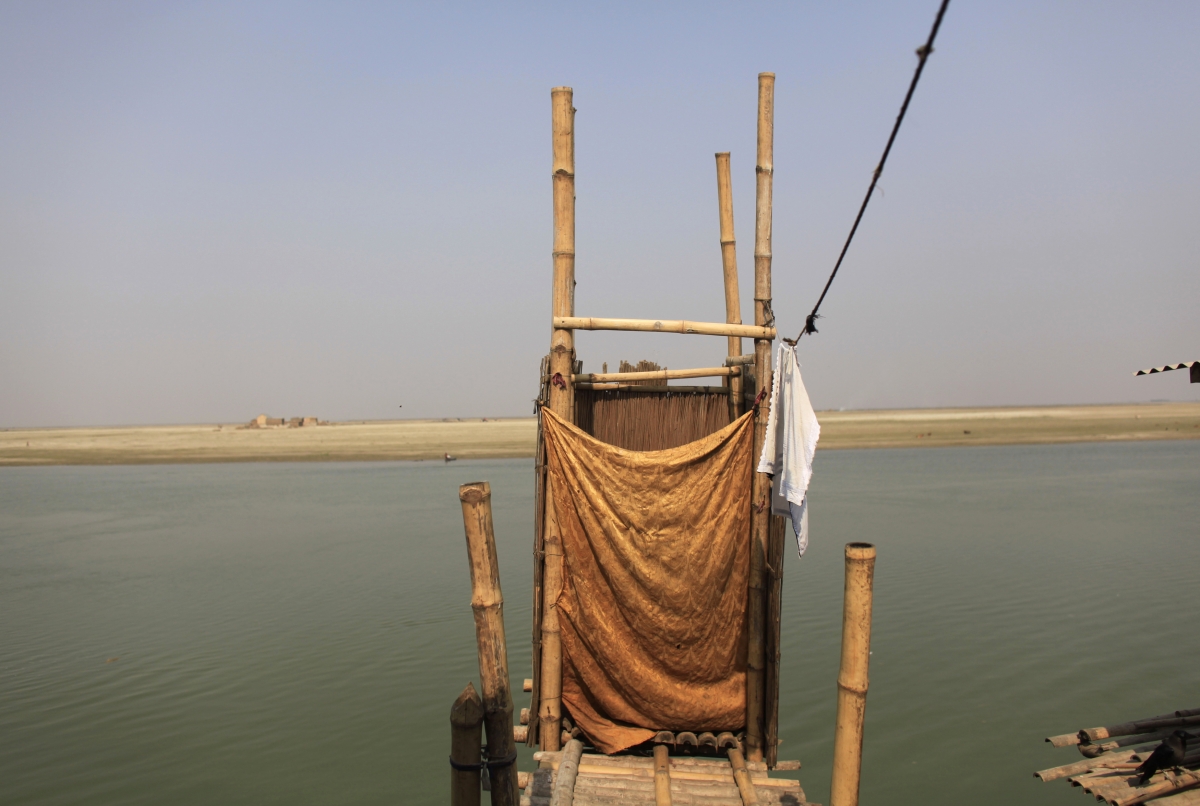According to the United Nations, over 2.5 billion people in the world do not have access to basic sanitation, including toilets or latrines and this has dramatic consequences on the human health, dignity and security.
One out of three women around the world lack access to safe toilets, the UN further notes and as a result, they face diseases, shame and potential violence when they seek a place to defecate.
The theme for the UN World Toilet Day 2014 is "Equality, Dignity and the Link Between Gender-Based Violence and Sanitation", which seeks to raise awareness on the threat of sexual violence that women and girls face due to the lack of privacy as well as the inequalities present in toilet usability.
"A staggering 1.25 billion women and girls would enjoy greater health and increased safety with improved sanitation," UN Secretary-General Ban Ki-moon said in a statement ahead of the World Toilet Day.
"Evidence also shows that safe and clean toilets encourage girls to stay in school. We have a moral imperative to end open defecation and a duty to ensure women and girls are not at risk of assault and rape simply because they lack a sanitation facility," Ki-moon added.
World Toilet Day is also marked to highlight the fact that toilets generally remain inadequate for people with special needs, such as the disabled and elderly, and women and girls requiring facilities to manage menstrual hygiene, the UN noted on its official website.
The tagline "WeCantWait" will be used for this year's Toilet Day awareness campaign, which will be viewed as an opportunity to raise awareness on the urgency to end open defecation, especially for the women and girls who are particularly vulnerable.
The above slide-show highlights the pathetic conditions of toilets in different countries and may help people introspect on the general need to address the problem with urgency and think about possible solutions.






















